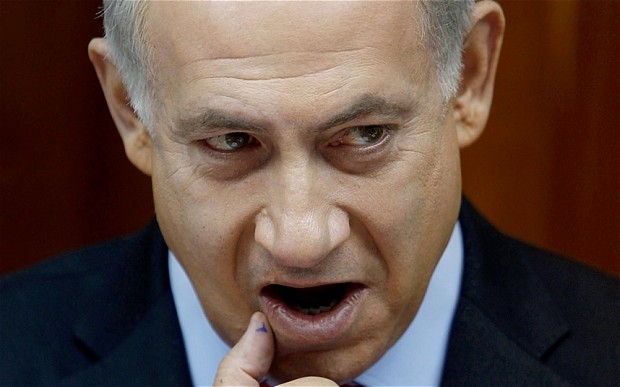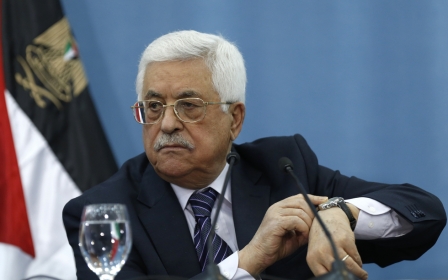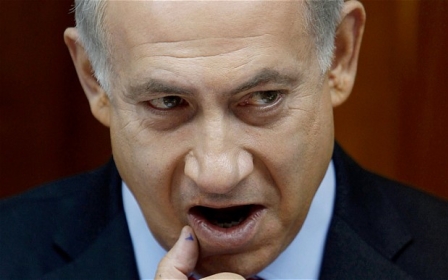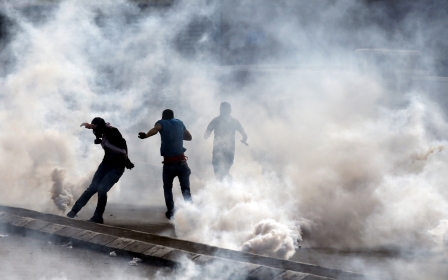Netanyahu 'clears schedule' for Abbas meeting

Israeli Prime Minister Benjamin Netanyahu has said he is waiting for a visit from Mahmoud Abbas, following the Palestinian president’s announcement that he had already suggested such a meeting.
"A few days ago, on Israeli television, I heard president Abbas say that if I invite him to meet, he'll come," Netanyahu told reporters on Monday at a meeting with visiting Czech Foreign Minister Lubomir Zaoralek.
"I'm inviting him again," he said in English. "I've cleared my schedule this week. Any day he can come, I'll be here."
In an interview with commercial TV station Channel 2 on Thursday, Abbas said that he was ready to meet Netanyahu "any time".
"And I suggested, by the way, for him to meet," he said, also in English.
Asked what was Netanyahu's response to the offer he refused to answer.
"He will tell you," the Palestinian leader said at the time.
US-backed peace talks between the Palestinians and Israel collapsed in April 2014 after nine months amid bitter recriminations and mutual blame.
The two men shook hands at a climate summit in Paris in November, but no significant talks were held then or since.
The last substantial and public meeting between Abbas and Netanyahu is thought to date back to 2010, though there have been unconfirmed reports of secret meetings since then.
Wave of violence
On Monday, Netanyahu said that if the two met he would discuss a wave of violence, which has left 200 Palestinians and 28 Israelis dead since last October.
"We have a lot of things to discuss, but the first item is ending the Palestinian campaign of incitement to murder Israelis," he said.
Most of the Palestinians killed were allegedly carrying out knife, gun or car-ramming attacks, according to Israeli authorities.
Israeli forces have been also accused of using excessive force.
"Lack of hope. Lack of trust," Abbas, who has called for peaceful resistance, said in last week's interview as reasons for why the knife attacks have continued.
He said that if Netanyahu were to engage in serious peace talks Palestinian attacks would cease.
"If he tells me that he believes in the two-state solution and we sit around the table to talk about a two-state solution, this will give my people hope," he said.
Middle East Eye propose une couverture et une analyse indépendantes et incomparables du Moyen-Orient, de l’Afrique du Nord et d’autres régions du monde. Pour en savoir plus sur la reprise de ce contenu et les frais qui s’appliquent, veuillez remplir ce formulaire [en anglais]. Pour en savoir plus sur MEE, cliquez ici [en anglais].




